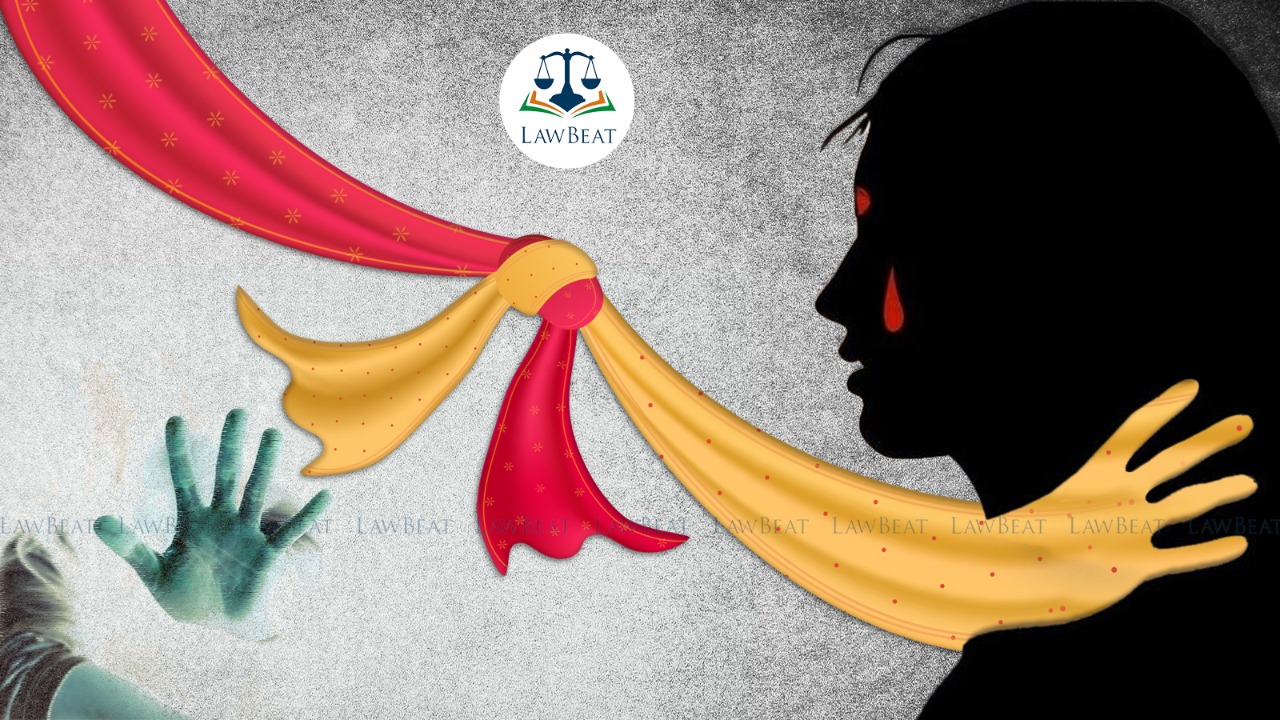"Woman not a commodity having no right to say 'No'": Rebuttal in Marital Rape case in Delhi High Court

Pressing that a "woman is not a commodity having no right to say "no" to sexual intercourse merely because she is married", Adv. Karuna Nundy representing RIT Foundation and All India Democratic Women's Association (AIDWA) called for Exception 2 to Secton 375 IPC to be struck down by the Delhi High Court in her rebuttal arguments yesterday.
Nundy argued that, "Until marital rape becomes an offence it will remain condoned. It is about the woman's right to say "no"."
Basing her arguments on the right to equality guaranteed under Article 14 of the Constitution, she said that the "normative force of this judgment (if passed) will go a long way in helping reach the long-cherished ideal of equal dignity for all."
She added that, "Marriage is not and cannot be a license to engage in forcible sexual intercourse with a woman", and that their "proposition is that a woman cannot be treated as a commodity having no right to say "No"."
Relying upon parts of the judgment in the case of Independent Thought she also pressed that the "heart of Independent Thought" was the conclusion that under any circumstance, "rape cannot legislatively be wished away."
Relying upon portions of the judgment Nundy also went on to suggest that the ratio decidendi of the judgment was perhaps not properly appreciated.
She emphasized that the judgment recognizes that "Exception 2 to S.375 IPC creates an artificial distinction between a married girl child and unmarried girl child with no real rationale..." and that "it is constitutionally recognized that a married woman or a married girl cannot be treated as subordinate to her husband or at his beck and call or as his property."
To point out the absurdity of the judgment being relied upon without the said extracts, Nundy reversed the above propositions as part of her arguments.
Justice Shakdher then responded, "The point you are making is that there can be different ratios to a judgment. Your submission is that despite that observation there are parts of the judgment, which if taken away, the entire edifice of Independent will collapse."
Nundy moved on to argue that S. 375(2) creates a a "fiction of consent that as soon as parties are married there is automatic consent."
However, Justice C Hari Shankar refused to accept this contention and stated that he is "still not convinced on that point," and rather thinks "S.375(2) is based on differentia existing between married and unmarried states."
He explained, "The legislature simply says, that for instance, if there are Jack and Jill - if Jack is not married to Jill and has forcible sex then it is rape, if he is, then it is not rape. We are over-emphasizing consent here I feel. It is merely based on qualitative distinction. I don't know if you are appreciating the rationale behind the Section."
Nundy agreed to address the point.
Nundy reversed the proposition in Independent Thought, and said "it would mean that women can be treated as subordinate to the husband or at his beck and call or as his property."
She further argued, basis the judgment, that "S.375(2) IPC is discriminatory also because it is the only provision in various penal laws which gives immunity to the husband."
On the issue of a new offence being created by removal of the exception, she argued, "There is no cavil of doubt that courts cannot create a new offence, however, no new offence is being created here. The offence already exists in the main section," relying upon another landmark judgment.
Cause Title: RIT Foundation vs Union of India
